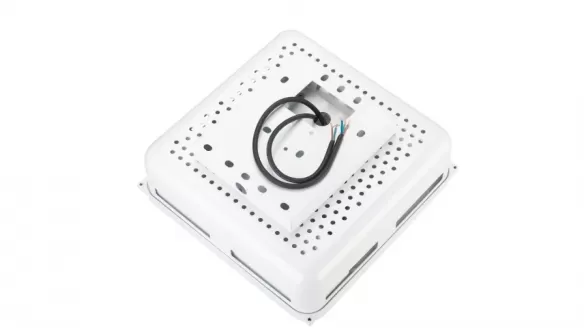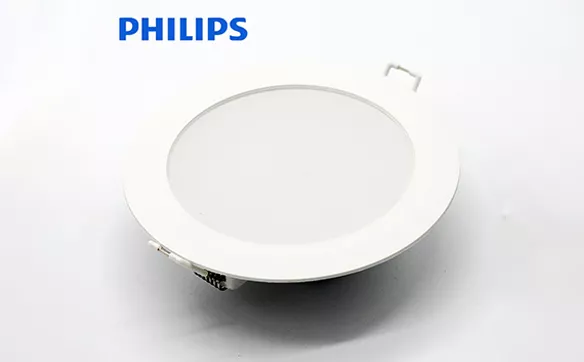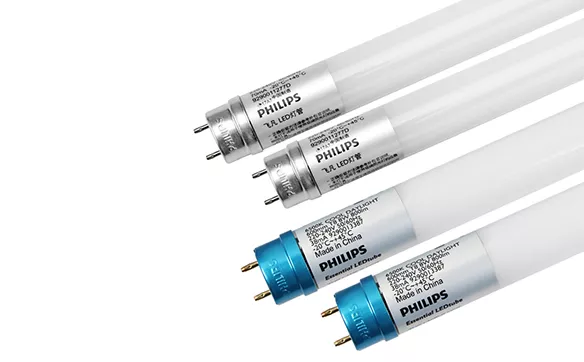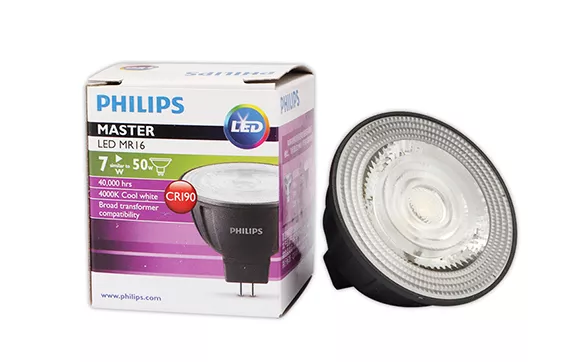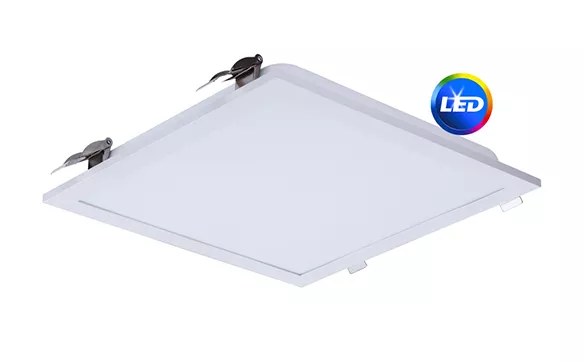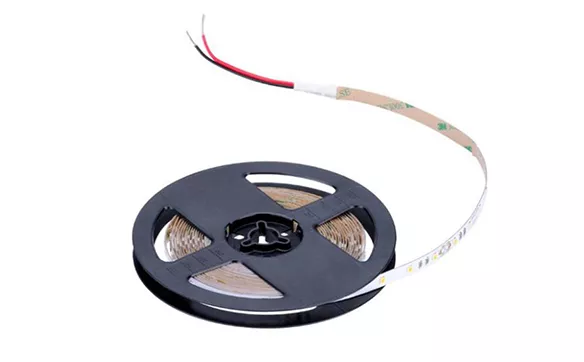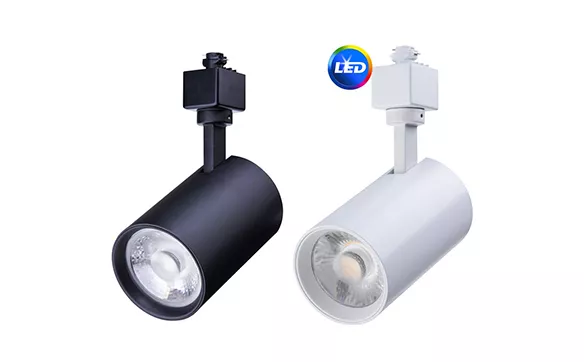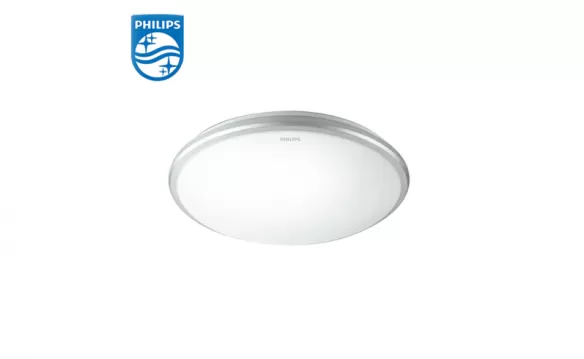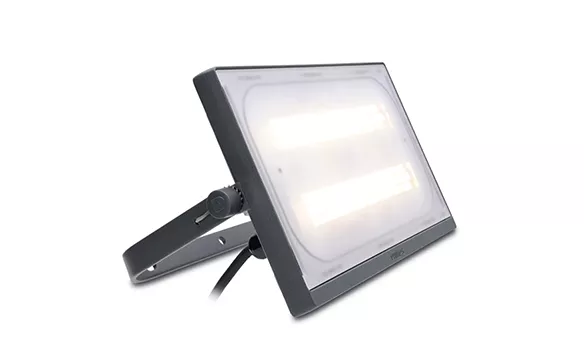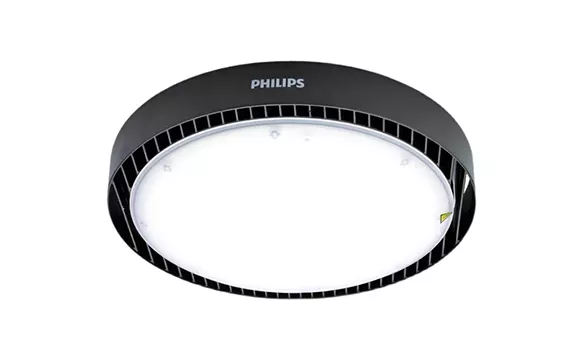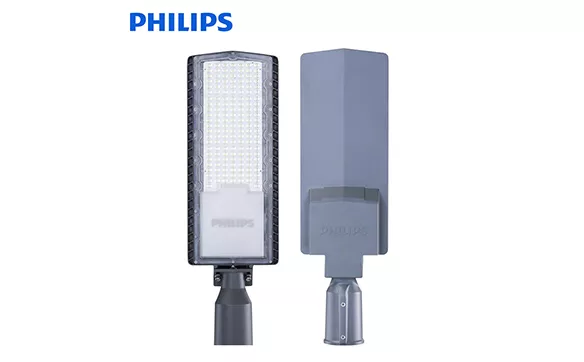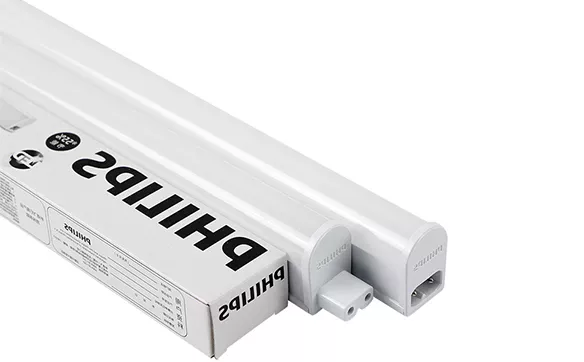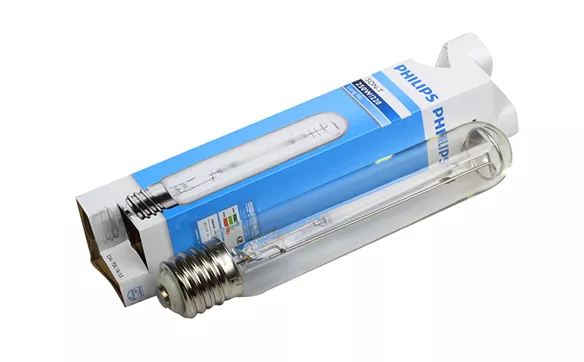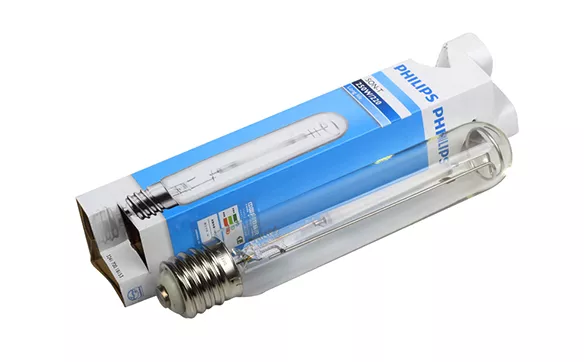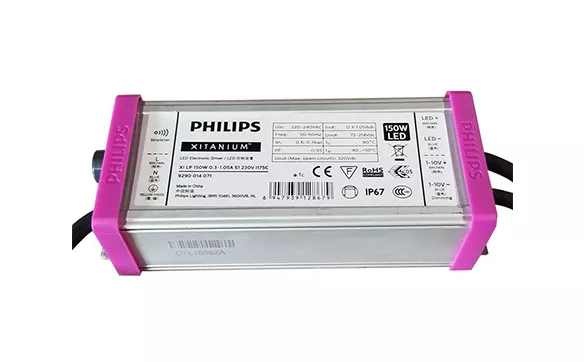What is a smart home lighting system?
A smart home lighting system integrates modern smart technology to create a more inviting and efficient home environment.
Controlled remotely through a mobile app or voice assistant, a smart home lighting system can communicate and collaborate with other smart devices in the house. It can make decisions for room occupants, adhere to schedules and automation, and more.
Whether installed in contemporary homes or integrated into smart homes, this system provides ultimate comfort and convenience for individuals and families, enhancing indoor living in the modern world.
Is a smart lighting system worth it?
In the right situation and with proper usage, yes, a smart lighting system is worth it. Smart lighting systems can be installed in an office, at a school, at homes, and more. It brings a lot of advantages, no matter the environment or the circumstances.
From remote controls, automation, safety measures, energy efficiency features, and more, people prefer the ease and functionality of smart lighting systems.
At home, it can transform the place and create a safe haven for all the people living in it. The integration of smart lighting with other smart home devices also fosters a seamless living experience. Investing in a smart lighting system for your home does not only improve your daily life. It also promotes sustainability and cost-effectiveness in the long run. Overall, smart lights are not only for aesthetic purposes, they have also proven to be quite useful for everyone.

What is the best use of smart lights?
Smart lights offer a multitude of advantages for individuals and families at home. With their diverse features, smart home lighting plays a crucial role in shaping the overall ambiance of your living space. Here are some of the best uses of smart lights:
Remote Control:
Smart lighting systems provide the convenience of remote control. This can be achieved through a dedicated smart app that can be downloaded on your phone or other devices. Additionally, voice activation or voice control can be utilized, as the lighting system integrates with your chosen smart home ecosystem. This allows you to effortlessly control your home lights from anywhere within the house.
Scheduling and Automation:
Smart lighting systems are renowned for their scheduling and automation capabilities. This feature enables you to schedule or automate the lights to turn on or off at specific times of the day. Many people find this particularly beneficial as it saves time and can be utilized for various situations such as events, vacations, accentuating specific architectural features and home gardens, and more.
Light Adjustments:
Many people appreciate the ability to make light adjustments with smart lighting systems. Most smart lights allow users to modify options such as brightness levels, dimness levels, and color temperature according to their preferences and settings. Some smart light bulbs even offer the option to change color, making them a great addition for special events like birthday parties, baby showers, and more.
Motion Sensors:
Motion sensors are a valuable feature in smart lighting systems, although not all systems include them, and many people may not be aware of their presence. However, if your smart lights are equipped with motion sensors, you can take advantage of their benefits. Motion sensors can help deter intruders or individuals with malicious intent, as the lights will activate upon detecting motion within the house. Additionally, motion sensors assist households in conserving energy and reducing costs, as the lights will only turn on when there are people present in a room. Undoubtedly, motion sensors in a lighting system can provide significant benefits for many homes.
What are the factors to consider when choosing a smart lighting system for your home?
Compatibility with the Existing Smart Home Ecosystem: The first step is to ensure that the smart lighting system is compatible with your current smart home ecosystem. Each ecosystem has varying device compatibility, so it's crucial to verify that the lighting system aligns with your chosen brand. This compatibility ensures seamless integration and control of the lights within your home.
Connectivity Options: Smart devices can be remotely controlled once they’re connected over Wi-Fi or Bluetooth. These two are the most common connectivity options for most devices. However, there are also other connectivity options. Understanding the connectivity options of your prospective smart lighting system will help you prepare for its integration into your home network.
Types of Bulbs and Fixtures Supported: It's important to consider the types of light bulbs and fixtures supported by the lighting system. Are LED lights utilized? Can the system change colors, adjust brightness, dimness, or lighting temperature? These details are crucial in selecting a smart lighting system that meets your specific needs and preferences.
Automation and Scheduling Capabilities: Automation and scheduling are fundamental components of smart lighting systems. It is crucial to ensure that the selected system offers a wide range of automation and scheduling options. This feature enables automatic activation of home lights at sunset and deactivation at sunrise, as well as the ability to schedule lighting automation for specific times.
Voice Control and Integration with Virtual Assistants: Verifying voice control and virtual assistant integration is essential for enhancing the overall convenience of smart ecosystems and devices, including smart lighting systems. Voice control allows for seamless adjustment and control of lights from any location within the home.
Mobile App Functionality and User Experience: Consideration should also be given to the functionality of the accompanying mobile app. Similar to other smart devices, smart lighting systems are typically accompanied by a mobile app for remote control. It is important to assess the app's ease of use, user-friendly interface, and comprehensive access to lighting features and settings.
Energy Efficiency and Sustainability: When evaluating a smart lighting system, it's important to consider its energy efficiency and sustainability. Assess the system's longevity, energy consumption, and whether it utilizes LED light bulbs for a more environmentally friendly solution. Opting for a more energy-efficient and sustainable lighting system will benefit both your home and the environment.
Security Features: Some smart lighting systems offer advanced security features such as motion sensors, entry sensors, alarms, and more. These security features play a crucial role in preventing burglaries, home invasions, and house fires, enhancing the safety of your family and home. Considering these extra precautions will contribute to a secure and protected living environment.
A smart home lighting system is compelling and superior. Whichever you choose will be for your home and your family. So make sure they’re easy to use, they have the right features and capabilities you need, and they fit your household best.


